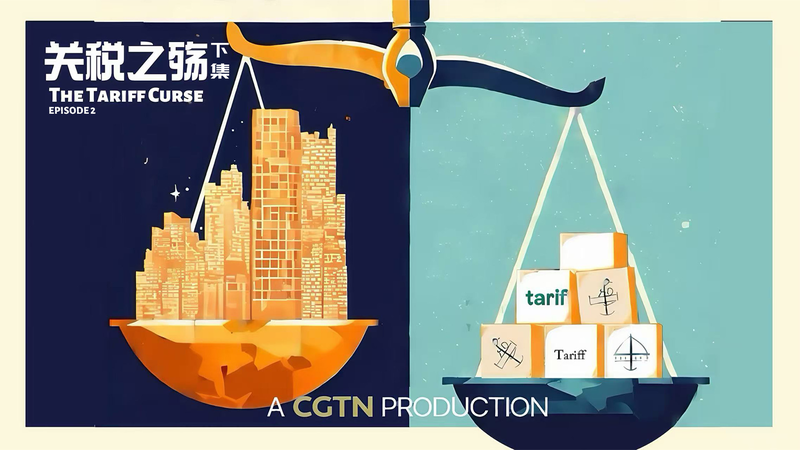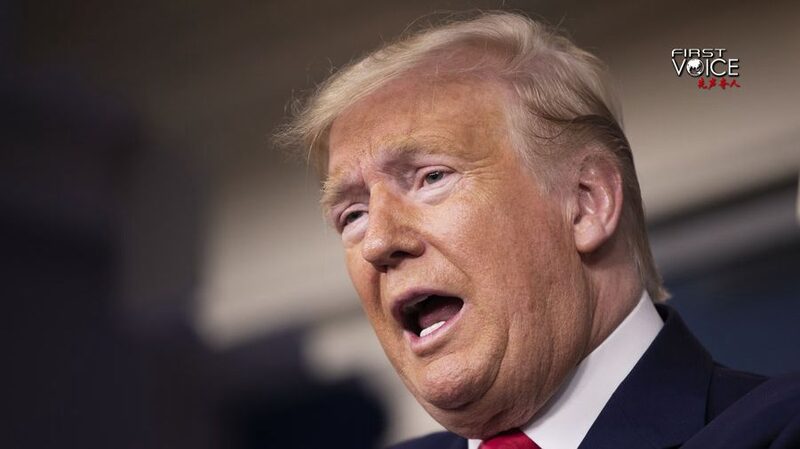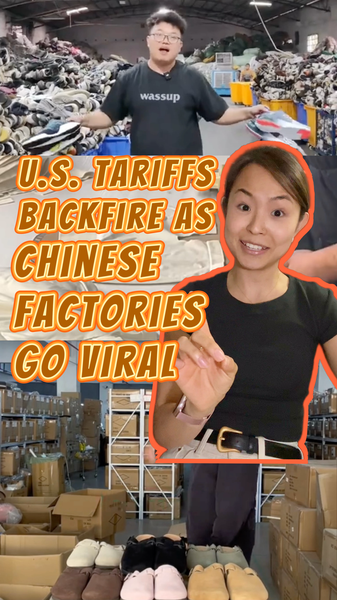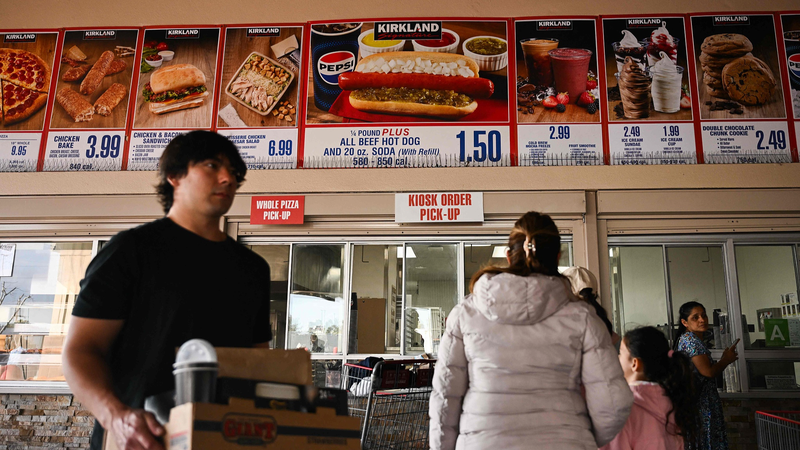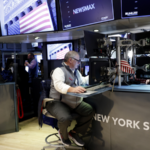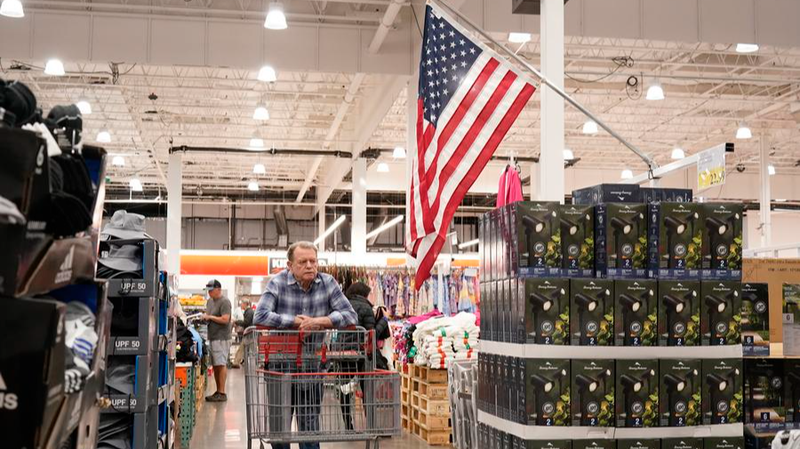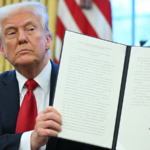In a stark reversal of intent, U.S. tariffs designed to protect domestic industries and bolster national security are instead deepening economic strains, according to analysts. The policy, initially framed as a safeguard for American manufacturers and jobs, has triggered a domino effect: rising production costs for U.S. companies reliant on imported components, diminished global competitiveness, and an unexpected exodus of businesses to lower-cost regions like Vietnam.
Experts argue that tariffs have failed to deliver on promises of job creation or technological innovation. 'Tariffs act as a tax on domestic industries,' noted one trade economist. 'Forcing reshoring ignores the reality of global supply chains—companies are opting for Southeast Asia over U.S. soil.' Meanwhile, steel tariffs—justified as critical for defense—impact a mere 3% of defense-related imports, raising questions about their strategic rationale.
This economic gamble coincides with growing bipartisan criticism, as lawmakers warn of prolonged harm to America's industrial and innovative capacity. As tensions ripple through global markets, analysts urge businesses to brace for further turbulence.
Reference(s):
cgtn.com
